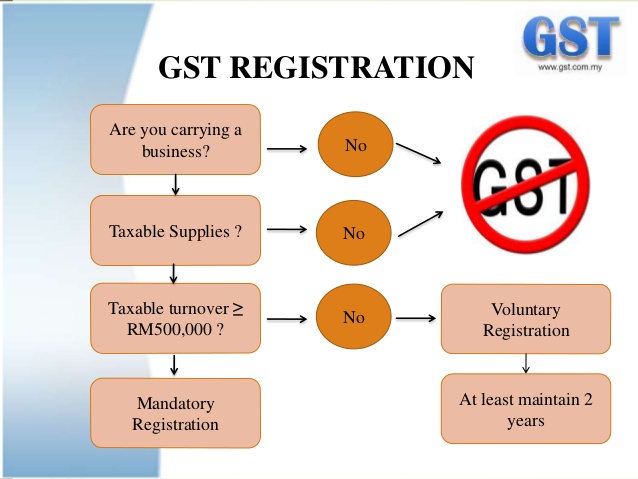Leading Tips for a Smooth Singapore GST Registration Experience
Leading Tips for a Smooth Singapore GST Registration Experience
Blog Article
The Ultimate Guide to Streamlining the GST Enrollment Process and Demands for Local Business Owners

Understanding GST Basics
To comprehend the basics of the Product and Services Tax Obligation (GST) system, local business proprietors have to initially recognize its underlying implications and principles. GST is a value-added tax obligation imposed on the majority of goods and services for domestic intake. It intends to streamline the taxation procedure by changing several indirect taxes enforced by the state and main federal governments. Under the GST regime, businesses are called for to accumulate and register tax obligation in support of the federal government, making certain openness and conformity.
One of the crucial principles of GST is input tax obligation credit history, which permits companies to declare credit score for taxes paid on their acquisitions. Understanding these standard principles is critical for little company owners to browse the intricacies of the GST system and ensure conformity with the law.
Qualification Standards for Registration
Having actually developed a fundamental understanding of GST concepts, tiny service owners need to currently satisfy specific qualification standards to continue with the registration procedure (Singapore GST Registration). Organizations that were signed up under the previous tax obligation program (BARREL, solution tax, and so on) are also mandated to register under GST. Farming businesses that just provide create out of primary manufacturing are excluded from GST enrollment.
Papers Required for GST Enrollment

Simplified Registration Refine Actions
Following the collection and verification of the requisite papers, the registration process for GST can be navigated through a series of streamlined actions designed to promote efficient compliance for little organization proprietors. Upon effective confirmation, an Application Referral Number (ARN) is issued, suggesting the conclusion of address the GST enrollment procedure. By adhering to these streamlined steps, little company proprietors can effectively register for GST and make sure compliance with tax policies.
Tips for Ensuring Compliance
To keep regulatory adherence and functional integrity, persistent oversight and aggressive actions are critical in guaranteeing conformity with GST needs for little service owners. Little organization proprietors must stay upgraded with GST guidelines, filing target dates, and any kind of modifications in tax obligation rates to avoid penalties and maintain a good standing with tax obligation authorities. Participating in GST awareness workshops or training programs can improve understanding and conformity with GST regulations, ultimately profiting the service in the long run.
Final Thought
To conclude, small company proprietors should recognize the fundamentals of GST, satisfy the qualification criteria, collect needed records, and follow the streamlined enrollment process actions to make certain compliance. By streamlining the GST enrollment procedure and demands, small service owners can stay clear of charges and operate their organizations efficiently within the lawful structure - Singapore GST Registration. It is crucial for little business proprietors to stay informed and compliant with GST laws to maintain an effective company procedure
Small company owners seeking GST enrollment have to guarantee they collect and submit the necessary files to complete the registration procedure effectively. The papers needed for GST enrollment generally consist of proof of organization enrollment or unification, PAN (Irreversible Account Number) card of the company identity, entity and address evidence of the promoters/partners/directors, photos, address proof of the location of organization, look here bank account statements or canceled cheques, and consent types. Going to GST understanding workshops or training programs can boost understanding and conformity with GST regulations, inevitably profiting the service in the lengthy run.
By streamlining the GST enrollment process and needs, tiny organization proprietors can prevent fines and run their organizations smoothly within the lawful framework. It is important for little service owners to stay informed and compliant with GST guidelines to keep an effective service procedure.
Report this page